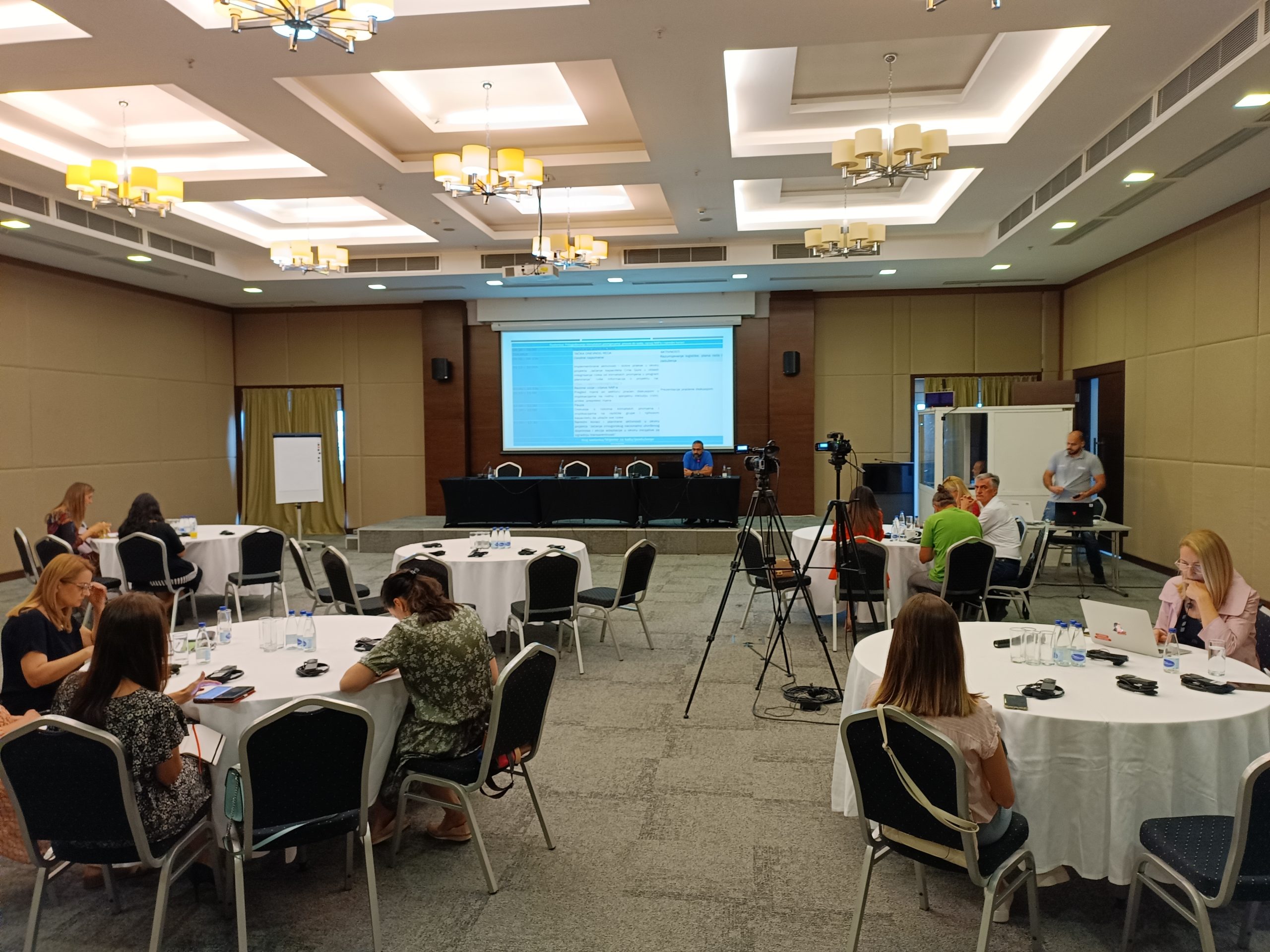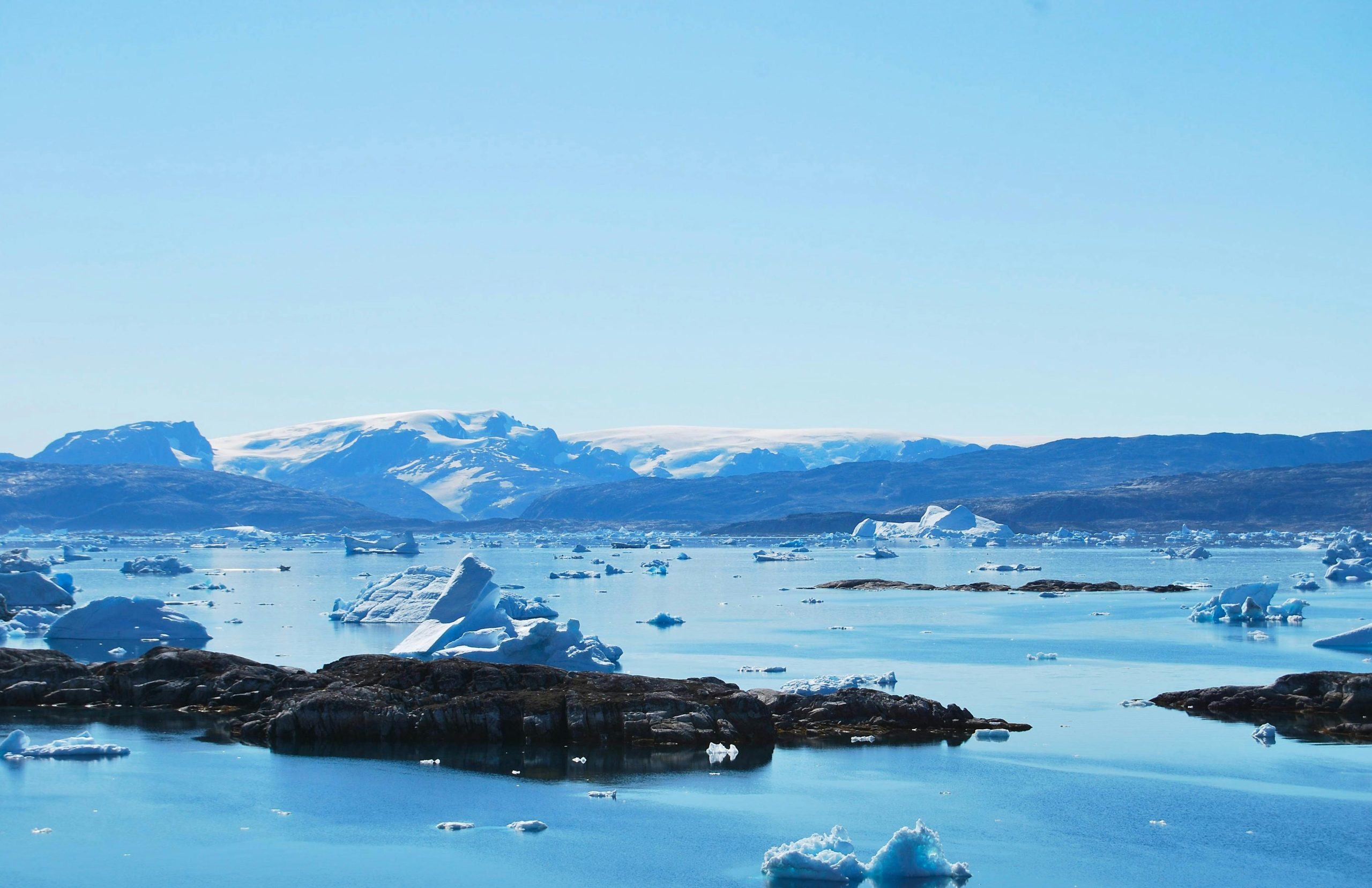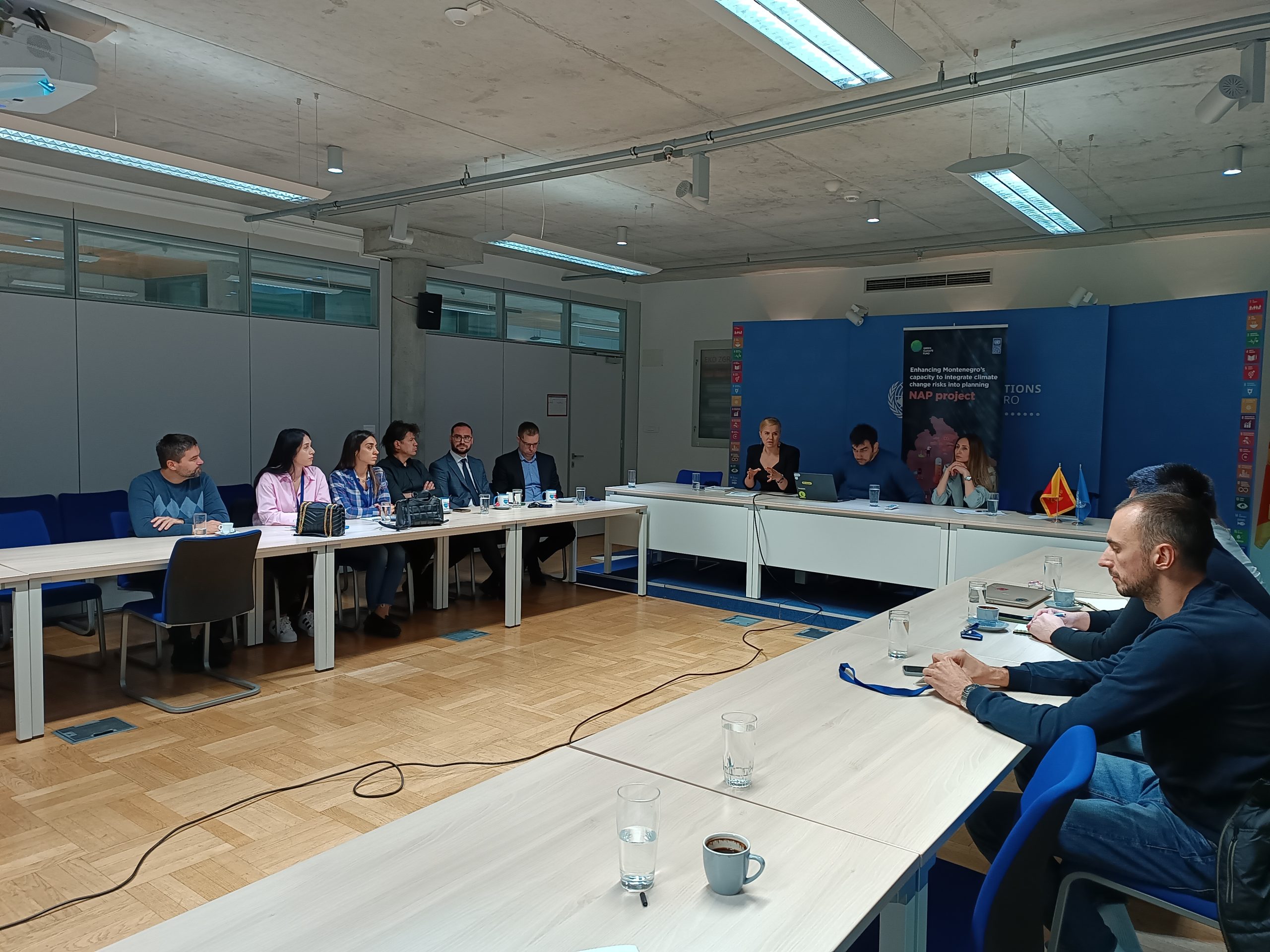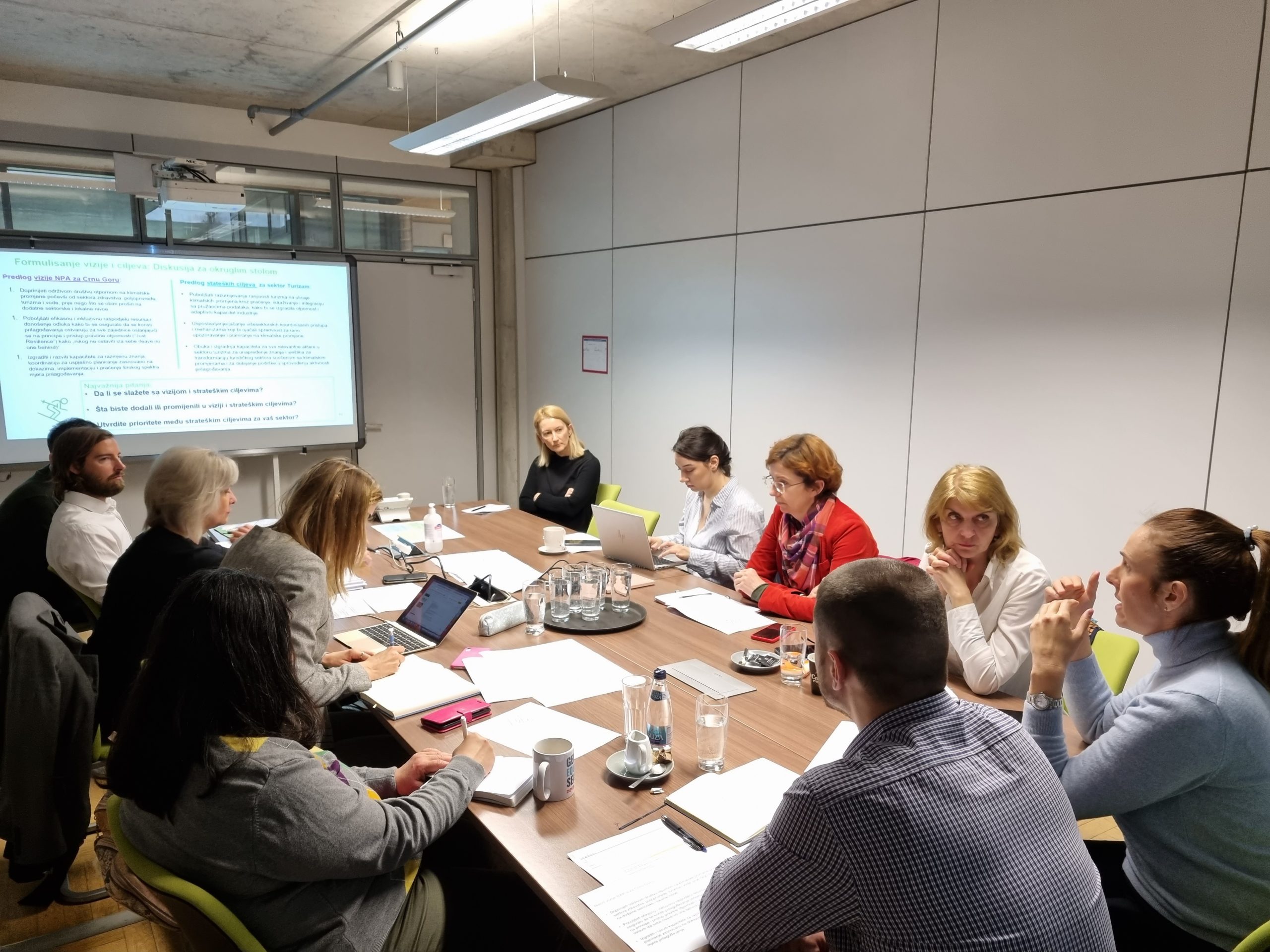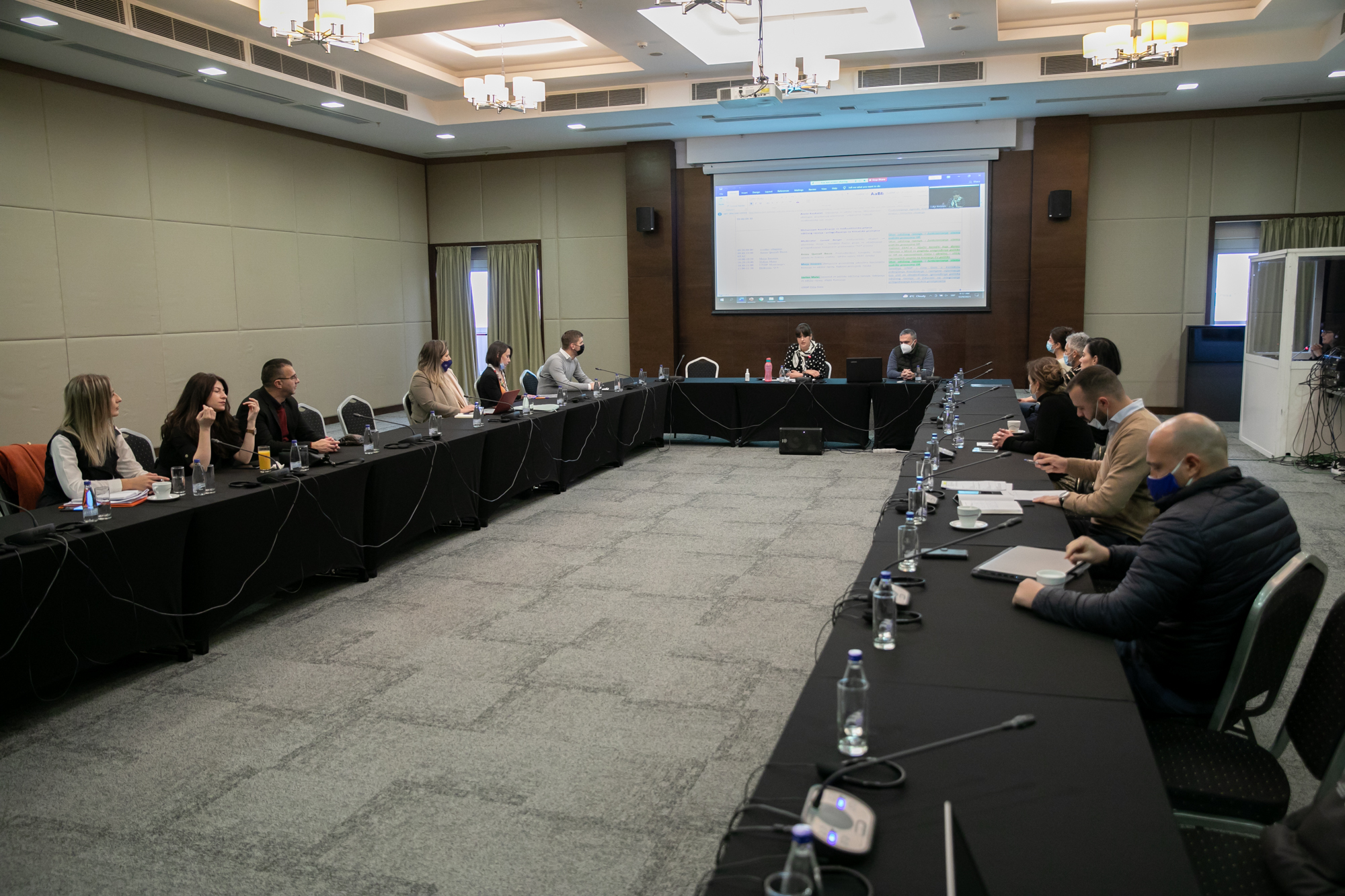In Podgorica, on Monday, July 10th, a workshop on the preparation of the National Adaptation Plan (NAP) to Climate Change was organized as part of the Dialogues for Development platform and one of the activities within the project “Strengthening Capacities of Montenegro in Integrating Climate Change Risks into Planning” implemented by UNDP Montenegro. The goal of the event was to gather experts to present the activities carried out during the project and discuss the next steps that will result in Montenegro’s first NAP.
The meeting focused on the NAP development process, with the current phase involving the identification of the vision, objectives, and measures, and the conversion of priority measures into proposals, being the main topic of discussion with the participants. Throughout the process, adaptation measures directly addressing key vulnerabilities to climate change were developed, along with considerations for social inclusion and gender sensitivity.
In this context, the meeting showcased implemented activities and best practices within the project “Strengthening Capacities of Montenegro in Integrating Climate Change Risks into Planning,” with efforts to significantly improve communication and stakeholder involvement in the measure development. Additionally, feedback was gathered from the participants on priority adaptation measures, data availability, and relevant processes contributing to the NAP.
The next phase aims to ensure that the developed measures are appropriate and contribute to building resilience for marginalized and minority groups, allowing for a fair distribution of benefits from the national planning process. Furthermore, a gender action plan was developed in 2022, contributing to the improvement of climate change-related policies. This event served as another opportunity to reaffirm key risks, barriers, and opportunities that the NAP, especially the presented measures, should consider and recognize in the proposed activities.
Representatives from relevant institutions and organizations who participated in the meeting made significant contributions to the discussions and provided support to foster a deeper understanding of challenges and possibilities related to climate change adaptation planning.
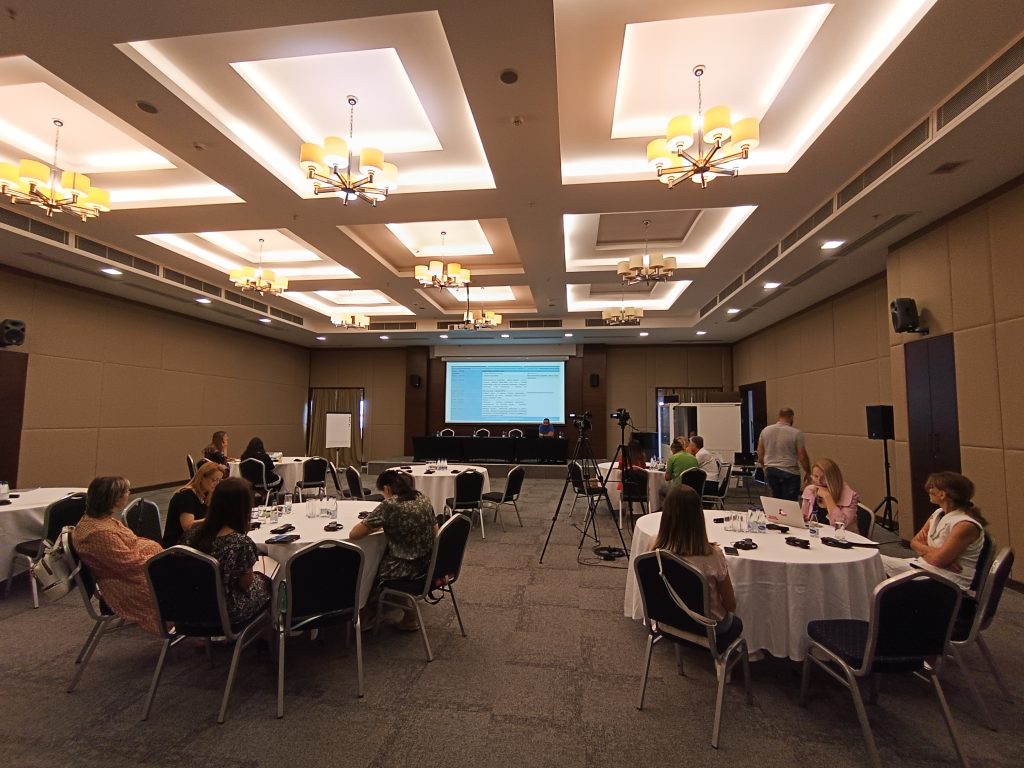
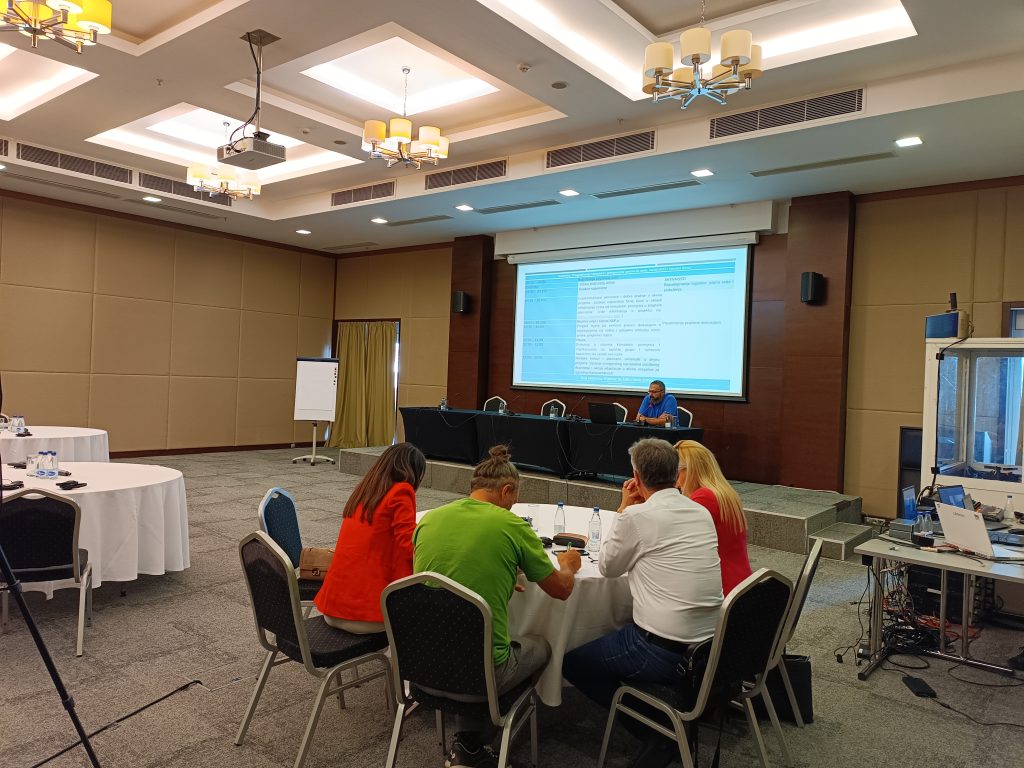
 Back to previous page
Back to previous page